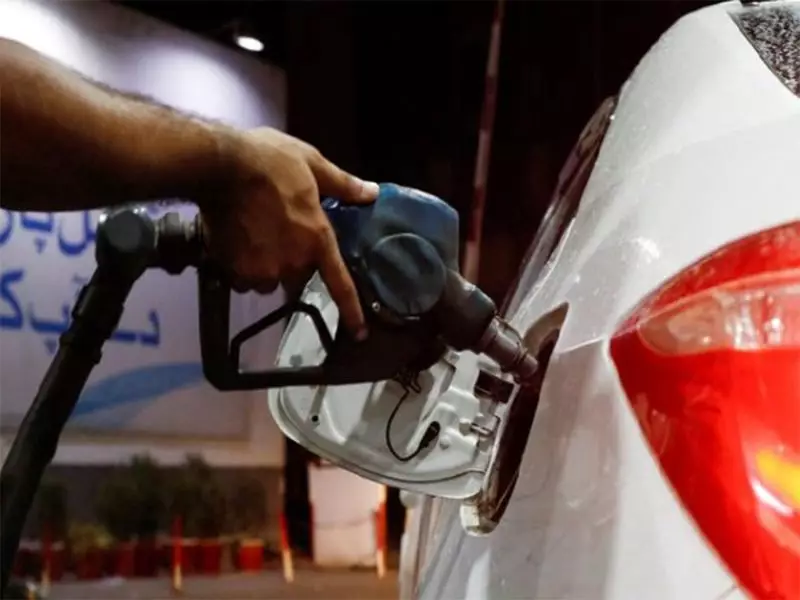
The Pakistani government has announced its latest fuel pricing decision, maintaining the current rate for petrol while implementing a significant increase for diesel. This move comes amid ongoing economic challenges and fluctuating global oil markets.
Fuel Price Breakdown
In a recent announcement, the Finance Division of Pakistan revealed that petrol prices will remain unchanged at PKR 265.45 per litre. However, consumers will face higher costs for diesel, which has seen an increase of PKR 6 per litre, bringing the new price to PKR 277.45.
The new fuel prices are set to remain in effect until October 31, 2023, providing some stability in the petroleum market for the coming weeks. This decision reflects the government's attempt to balance consumer concerns with economic realities.
Economic Context and Global Factors
The pricing adjustment comes at a time when Pakistan is grappling with significant economic pressures, including high inflation and currency depreciation. The government's decision to keep petrol prices steady while increasing diesel rates indicates a strategic approach to managing different segments of the economy.
Diesel fuel plays a crucial role in Pakistan's transportation and agricultural sectors, making the price increase particularly significant for farmers and logistics companies. The PKR 6 per litre hike is likely to have ripple effects across various industries that rely heavily on diesel-powered machinery and vehicles.
Global oil prices have shown volatility in recent weeks, with Brent crude fluctuating between $85 and $95 per barrel. Pakistan, being a net importer of petroleum products, remains vulnerable to these international market movements.
Impact on Consumers and Economy
The mixed approach to fuel pricing demonstrates the government's attempt to mitigate the impact on general consumers while addressing fiscal requirements. Petrol, being primarily used in private vehicles, affects household budgets directly, hence the decision to maintain current rates.
However, the diesel price increase is expected to contribute to higher transportation costs and potential inflationary pressures. This could affect prices of essential commodities as increased freight costs are typically passed on to consumers.
The government regularly reviews fuel prices every two weeks, adjusting them based on global market trends and exchange rate fluctuations. This periodic review mechanism allows for responsive pricing while providing some predictability to market participants.
As Pakistan continues to navigate economic challenges, fuel pricing remains a critical factor in both household budgeting and national economic planning. The current decision reflects the delicate balance policymakers must maintain between consumer protection and fiscal responsibility.






